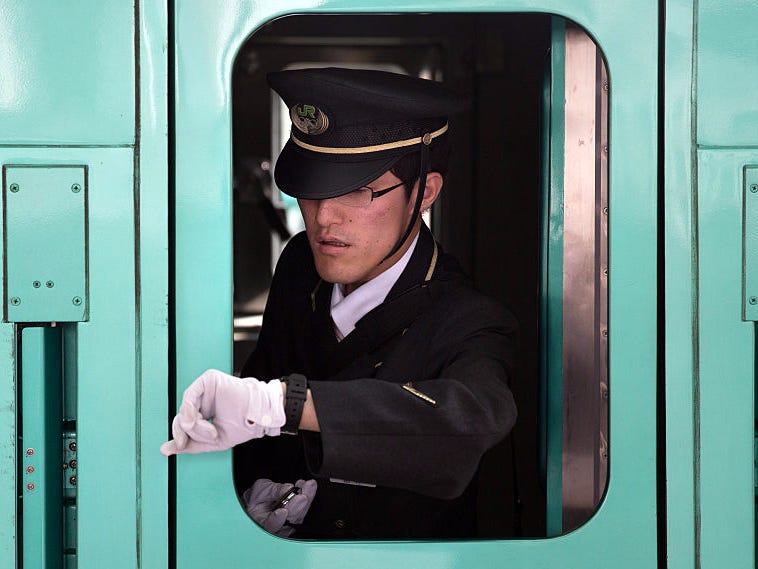One of the values the Japanese are known for is punctuality. This value is prevalent in Japanese society. While you may think this only applies to social or professional situations, it is even practiced in public transportation. What happens when a train comes in earlier than scheduled?
In 2017, the Tsukuba Express train operator left 20 seconds earlier than its scheduled departure. The company felt that the early departure was serious enough to warrant an apology. The company apologized to its passengers.
Punctuality and Precision in Japanese Culture
Japan is known as a nation with many unique rituals and customs. One of its unique yet baffling customs is its society’s meticulous attention to time and precision. It is apparent in every aspect of the Japanese culture, most especially with its public transport system.
Foreigners who visit Japan are quite impressed at the timeliness of the culture. From the public train to the railway employees, the concept of being on time is very apparent. The trains arrive in a timely manner, with only an average of 30 seconds delay. It is known that trains are so punctual, you can set your time with its arrival and departure. (Source: Telegraph)
A professor from Waseda Institute for Advanced Studies (WIAS), Masashi Abe, mentions in his studies that the nation’s obsession with punctuality only started in modern times. He states that many Europeans began visiting Japan during the Edo period. It was reported that the foreigners usually were irritated at the Japanese always being late.
The reason for their tardiness at the time was that the Japanese followed a different system of measuring time. Ordinary folk didn’t have mechanical watches, and they often relied on incense clocks introduced by the Chinese who have used them for centuries.
This practice changed during the Meiji era. The new government abandoned old traditions and adapted Western ideologies and cultures. This also meant leaving the traditional calendar and the old-time system adjusting to the modern system. The Japanese also learned to adapt using the mechanical watch.
Punctuality was eventually taught through the educational, social, and military systems, leading to what is prevalent in the nation’s culture today. The value of punctuality is embedded in people at an early stage in life and carries it throughout their lives. (Source: IEA)
Japan’s Punctual Trains
This value is deeply incorporated into the railroad systems of the country. It is unusual for trains to arrive late or leave early, which is something that is very common in other Asian countries like India. Train operators in Japan would often apologize if their trains arrive late or depart early, and this is defined by seconds.
In 2017, the Tsukuba Express from Minami Nagareyama station departed at 9:44:40 am. But due to, an error of the train’s conductor, who had not properly checked the train’s timetable, caused the train to leave at 9:44:20 am. The company felt that the early departure, despite it just being 20 seconds, may have caused significant problems with its passengers. With this thought in mind, the company publicly apologized for the inconvenience it may have caused. (Source: The Guardian)
